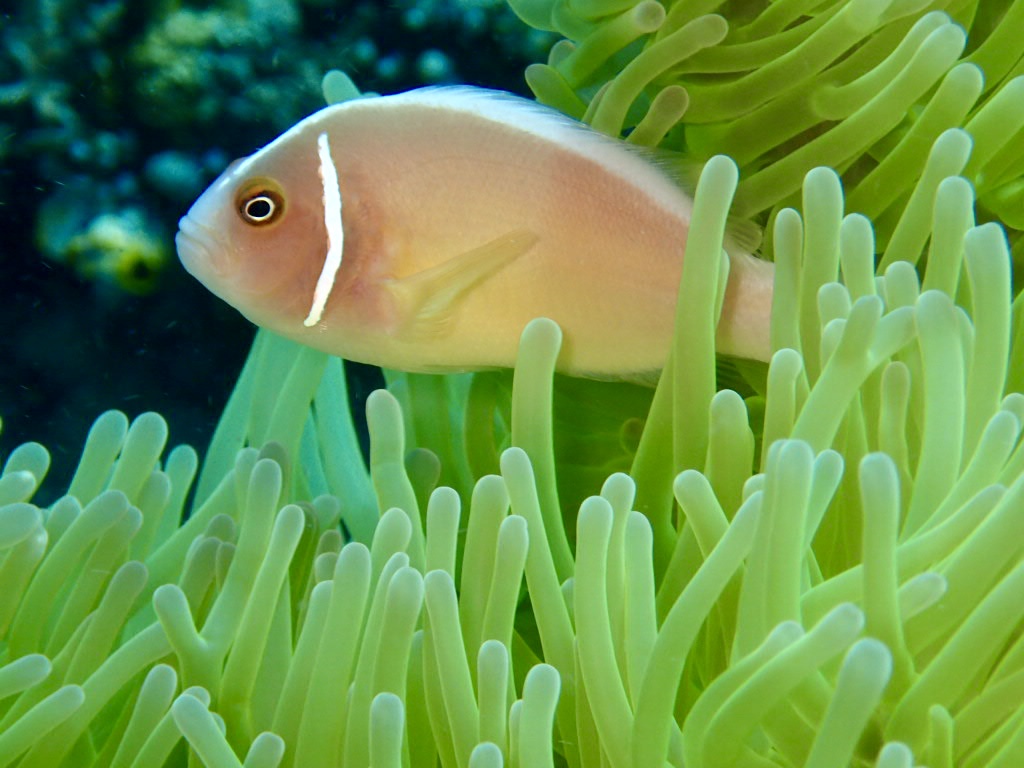Awareness in the Water: How Divers, Snorkelers, and Freedivers Can Protect the Ocean
|October 17, 2024


The ocean is a delicate, vibrant world that we’re lucky enough to explore as divers, snorkelers, and freedivers. But with this privilege comes the responsibility to protect the marine ecosystems that host us. Whether you’re a seasoned diver or new to the water, it’s important to be aware of how your actions can affect these fragile environments.
Here’s how you can enjoy the underwater world while minimizing your impact.
1. Less is More: Responsible Underwater Photography
Taking pictures underwater is a way to capture the beauty of marine life, but it’s important to keep in mind that our presence can disturb the creatures we aim to photograph. Fewer, more thoughtful photos can reduce your impact. Before you dive in, learn about the behavior of marine animals—some, like the pygmy seahorse, are sensitive to the presence of divers and bright lights.
Perfecting your buoyancy is also key. Good buoyancy control allows you to focus on your photography without accidentally touching or damaging the reef. Being aware of the animals’ reactions to light and your proximity can make a huge difference. Remember: be selective, respectful and mindful.
2. Sunscreen: Think Before You Apply
Recent studies show that even sunscreens labeled “reef-friendly” may not be as safe as we thought. Zinc oxide and titanium dioxide, common ingredients in mineral sunscreens, can cause damage to coral reefs, especially at higher concentrations(Frontiers)(Coral Guardian).
So how can we protect ourselves from the sun without harming the marine environment?
- Use protective clothing: Wearing rash guards or UV-protective clothing can help reduce the need for sunscreen.
- Avoid peak sun hours: Limiting your sun exposure during the hottest hours (10 AM – 2 PM) can help protect both you and the reef.
- Seek shade: While on land or on the boat, find natural or artificial shade to avoid overexposure.
By making these small changes, you can reduce your contribution to the chemicals that end up in our oceans.
3. Buoyancy: Float Without Harm
One of the most impactful things that any diver can do, is improve their buoyancy control. When divers struggle to maintain buoyancy, they often touch or kick the reef, causing unintentional damage to corals and other marine life. Here’s why mastering buoyancy matters:
- Preventing Coral Damage: Even the lightest touch can harm corals. Improving your buoyancy allows you to stay off the reef, minimizing your impact.
- Energy Efficiency: Good buoyancy reduces drag, helping you conserve energy during your dive, so you can stay underwater longer without disturbing the marine life around you.
- Avoiding Sediment Clouds: Poor buoyancy control can stir up sediment, which disrupts visibility and stresses marine creatures. Mastering buoyancy helps you navigate smoothly without disturbing the seabed.
Consider taking a buoyancy control course to refine your skills and protect the marine environment around you.
4. Plastic Waste: Every Bit Matters
Plastic pollution is one of the greatest threats to our oceans. While diving, snorkeling, or even just spending time by the water, you can help reduce the problem by minimizing your use of single-use plastics and participating in cleanup efforts.
- Reusable Gear: Opt for reusable water bottles and eco-friendly dive equipment to cut down on plastic waste.
- Beach Cleanups: Join a beach or underwater cleanup organized by local resorts or dive centers. These events are a great way to give back to the marine environment.
- Support Marine Initiatives: Many resorts, like Siladen Resort & Spa, are involved in programs like the No Trash Triangle Initiative (NTTI), which focuses on reducing plastic waste. Supporting these initiatives helps keep our oceans clean.
5. Respecting Local Guidelines and Dive Briefings
Every dive site is unique and it’s essential to follow local regulations and listen carefully to dive briefings. Local guides know the best practices to protect the marine environment and ensure everyone’s safety.
- Understand the Area: Briefings will explain local conditions, marine life and areas to avoid. Following this guidance helps protect the reef.
- Respect No-Touch Zones: Many dive sites have protected areas where touching or fishing is forbidden to preserve delicate ecosystems. Always respect these boundaries and follow the guidelines.
6. Supporting Conservation Efforts
One of the best ways to show your love for the ocean is to support marine conservation efforts. At Siladen Resort & Spa, we take pride in our commitment to ocean protection through the NTTI and regular marine biologist presentations.
- Engage with Marine Biologists: Attend educational talks and learn more about the ecosystems you’re exploring.
- Take a Conservation Course: Enroll in marine conservation courses to deepen your understanding and become an advocate for the ocean.
- Donate or Volunteer: Many conservation organizations rely on donations and volunteer work. Getting involved can make a significant difference.
A Commitment to Protecting Our Oceans
Every interaction with the ocean has a ripple effect, and as divers, snorkelers and freedivers, we have the opportunity to make those ripples positive. Whether it’s choosing reef-safe practices, honing your buoyancy skills, or simply being mindful of your presence in the water, each step contributes to the health of our marine ecosystems.
At Siladen Resort & Spa, we take this responsibility seriously. Our zero-tolerance policy for damaging marine life is supported by continuous educational programs and the No Trash Triangle Initiative (NTTI), ensuring our waters remain clean and protected.
Through our marine biologist presentations, guests gain a deeper understanding of the underwater world and the importance of its preservation.
By fostering awareness, respect and empathy for the ocean, we can collectively safeguard the stunning biodiversity of Bunaken Marine Park.
Together, we protect the reefs, ensuring they thrive for generations of explorers to come.